China flies a new crew to the Tiangong space station

For the Tiangong space station’s first in-orbit crew handover, three Chinese astronauts have launched.
After the NASA-run International Space Station, from which China was expelled in 2011, it will be the second space outpost that will be permanently occupied.
Three coworkers who arrived in June will be replaced by the new team, which will stay on the station for six months.
A week-long handover period will be required, in part to test the station’s capacity to accommodate six astronauts.
The Shenzhou-15 spacecraft, also known as the “Divine Vessel,” launched on Tuesday from the Jiuquan Satellite Launch Centre in the Gobi Desert in northwest China with the new crew aboard.
It is the final of 11 missions needed to assemble the station, which will conduct experiments in almost no gravity for about ten years.
Early next month is when the departing crew is anticipated to land on Earth.
The new crew will concentrate on setting up facilities and equipment surrounding the space station, according to a representative for the China Manned Space Administration. The project should be finished before the end of the year.
China was the third nation to send humans in orbit, and its space program has already placed robotic rovers on Mars and the Moon.
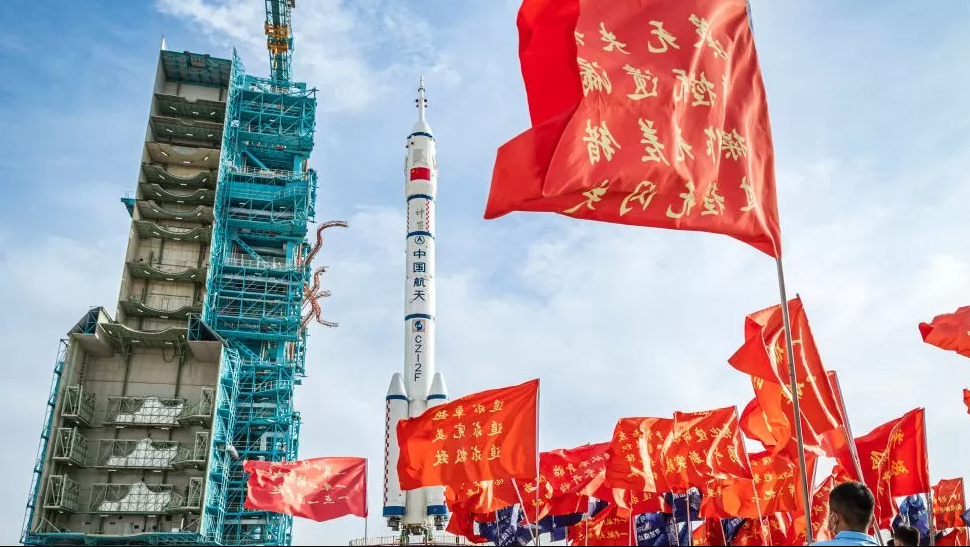
International Astronautical Federation executive director Dr. Christian Feichtinger told CCTV that he believed “the world is truly monitoring” China’s expanding space capabilities.
As the nation continues to experience Covid lockdowns and protests, the mission has given Chinese residents a reason to rejoice. On social media, several people wrote, “Long live the motherland.”
Fei Junlong, 57, who oversaw the Shenzhou-6 mission in 2005, is in charge of the Shenzhou-15 team. Since then, he has never been in space before.
China is anticipated to deploy two crewed trips to the station annually over the Tiangong’s operational period of the following ten years.
Applicants from the “special administrative territories” of Macau and Hong Kong are now eligible to apply for astronaut positions in China, after previously being denied.
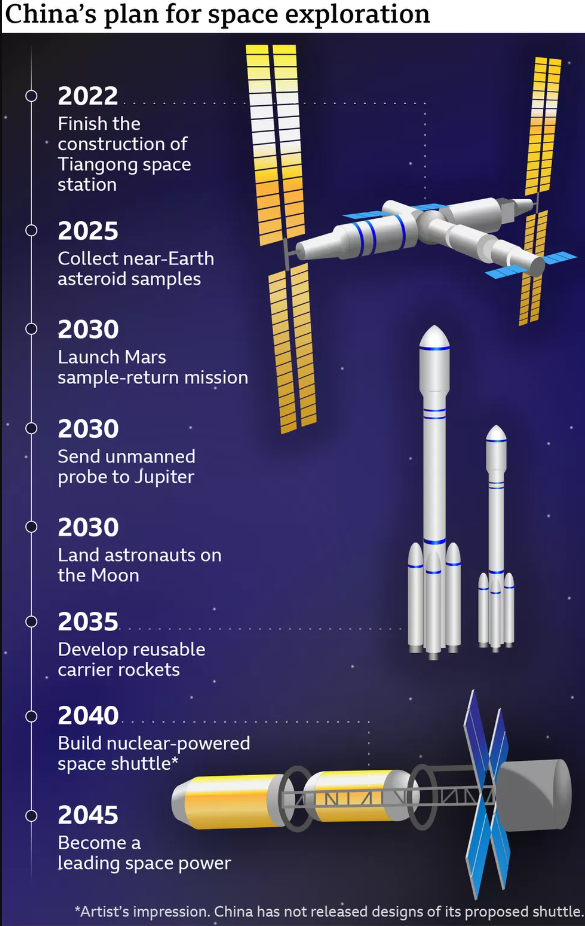

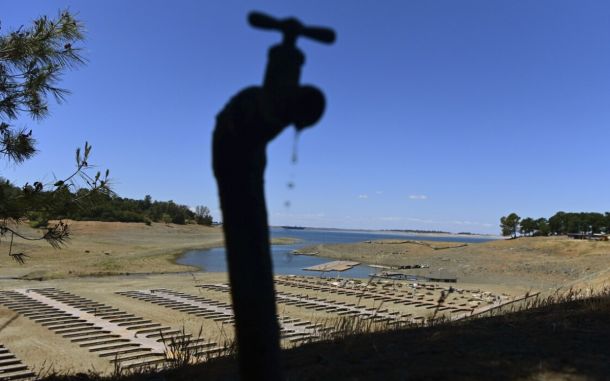

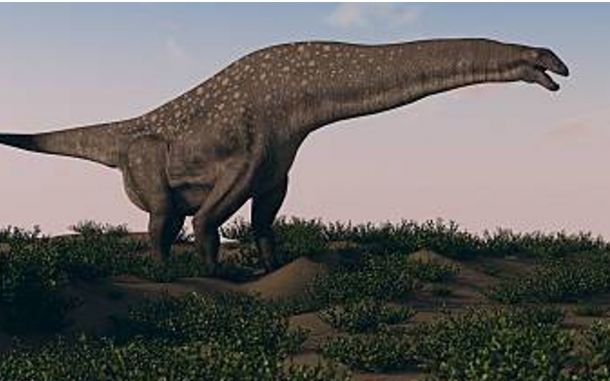
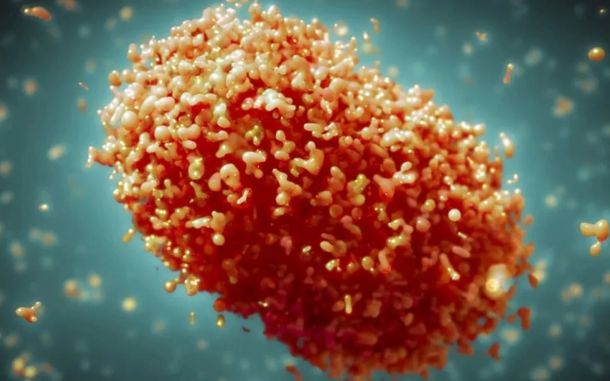
Leave a Reply
You must be logged in to post a comment.